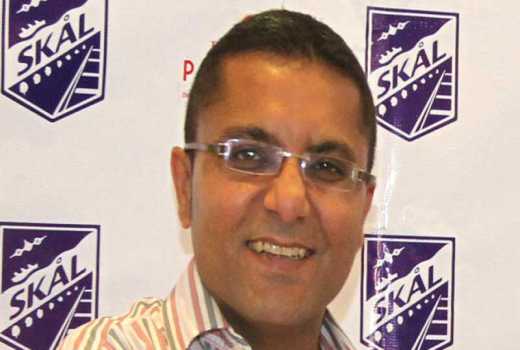×
The Standard e-Paper
Join Thousands Daily

Every business goes through a rough patch, but how do you make a solid comeback after a disappointing spell? Mark Twain said: “Good judgement is the result of experience and experience the result of bad judgement.”
Optimistic business people learn to gauge the level of disruption brought about by a particular setback.